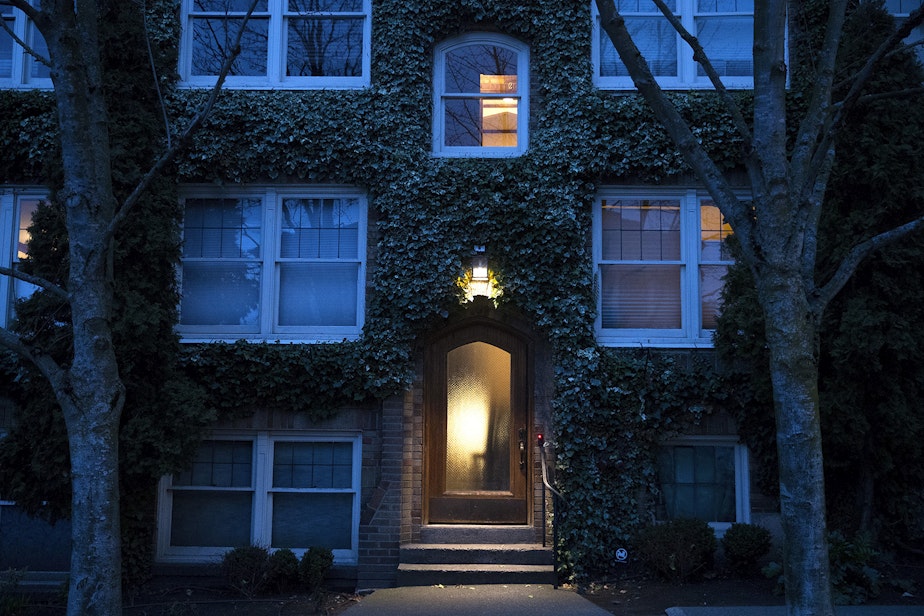Can’t pay the rent? Long-awaited help is in the works

Washington Gov. Jay Inslee extended the state’s moratorium on evictions and rent increases until October 15 and promised $100 million in aid for renters as the Covid-19 pandemic shows little sign of loosening its grip.
Seattle Mayor Jenny Durkan also announced that she plans to extend the city’s moratorium on evictions of residential, nonprofit, and small-business tenants until “at least the end of the year.”
Both bans were set to expire Aug. 1, the same day that a $600 weekly boost to federal unemployment benefits is set to end.
“We know we're going to be in Covid at least through this year, and probably into next year,” Durkan told KUOW’s The Record. “We can't afford for people to lose their homes.”
RELATED: Federal unemployment aid is coming to an end, but the economic crisis persists. What’s next?
In May, the Seattle City Council added an extra six months of eviction protections that would kick in once the mayor’s moratorium expires.
Under the council’s emergency ordinance, renters experiencing financial hardship cannot be evicted from their homes for nonpayment until February 2021 — six months from the moratorium’s expiration date.
Sponsored
If Durkan extends her moratorium until the end of the year, the protection for residential tenants would extend six months from then, until the end of June.
For people having trouble paying rent, financial help has been hard to come by.
On June 29, Inslee announced the availability of $100 million in federal funds for rental assistance. That funding was made possible by the federal CARES Act, passed by Congress in March.
Washington Department of Commerce officials said on Thursday that the federal rental funds would be available to community organizations to distribute by August 5 or sooner. The application processes and criteria are still being finalized.
“We have not actually gotten money out to people, even though it’s out there,” said Edmund Witter with the Housing Justice Project of the King County Bar Association. The legal group defends most people facing eviction in the county.
Sponsored
“Right now, if you are a tenant behind on the rent, there is nowhere you can go,” Witter said.
Seattle, King County and the United Way of King County launched a round of rental assistance for low-income residents in April. It ran out of funds in about 48 hours, Witter said, and has not reopened since.
United Way has been fundraising since to try to reopen it.
Durkan said she was also working with Inslee to get help for landlords as well as renters.
“Many of those landlords themselves have to pay their mortgages, and it’s often families who own small rental houses or old buildings, the most affordable in Seattle,” Durkan said. “This is a tough time for everybody right now.”




